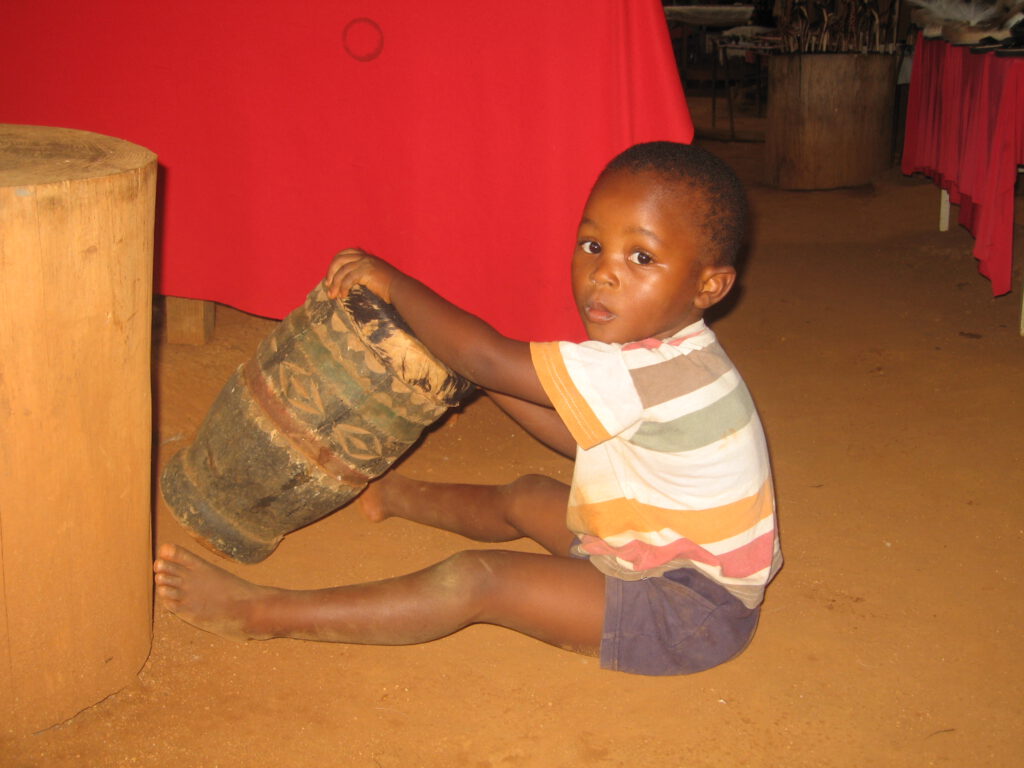Did it ever cross your mind that each one of the nearly eight billion people – that’s 8,000,000,000 – who live on planet earth today is distinct from the rest? Isn’t that fascinating? There are no duplicates!
Indeed, it’s miraculous! Especially, if we understand that the human species shares more than 99% identical genes. Meaning, only about 1% contributes to our uniqueness. The interesting part is, we are just grasping how exactly personality is constructed. Researchers have been looking for answers in nature and nurture (genes and environment) trying to establish universal laws with great progress and yet the uncountable factors involved make this riddle an enormous challenge. One thing is for sure, it’s individual to each one of us.
What do we know?
We can say individual differences can be measured to some extent. There are numerous approaches in psychology to study personality. Some aim to determine whether a personality trait is present or not, which mainly applies to cases like mental disorders. However, the majority of personality models measure traits on a dimensional scale. The Big Five or OCEAN is one of the most prominent trait theories. It comprises core character traits that predict a pretty stable phenotypical expression, more or less so across cultures. Those traits are: Openness to Experience, Conscientiousness, Extraversion, Agreeableness and Neuroticism. You may ask yourself, are those acquired or innate? With that in mind, we know that already newborn babies display their own temperament and they only begin to interact with the environment. But from here it becomes anything but transparent.
A little anecdote – imagine this is your life…
Let us assume you were born into a Western society. Research says you would be quite actively exploring the wonders of this world. If you continue growing up as a very open and extroverted toddler, you might insist on copying your mom’s behavior as you too will want to mop the floor with your own bucket turning the kitchen into a pool area.
With more coordination and reasoning you will reach puberty deciding against your parent’s protests and move to a foreign country. You find out that the circle of friends that replaced your family have been involved in drugs. Highly excited at first you dive into adventures but after some time your gut feeling and inner values make you doubt their activities. You are in conflict with yourself, but you don’t want to lose your social support. You continue half-hearted until your so-called friends start grouping you out. Luckily, the influence of your parental upbringing kept knocking and brought you back to your senses without further harm.
That experience made you more cautious, less open but more goal-oriented. Taking an OCEAN test at that time would probably detect some minor changes in Openness and possibly Conscientiousness. After things have calmed down, you reflect back on your identity crisis and think to yourself, how on earth did your sister turn out so differently? You have to admit; it did cross your mind whether you had been adopted.
So what about family members?
As a matter of fact, you and your sister including your parents have about 50% genes in common. So, half of the estimated 1% of the entire set of genes are identical. Now, that’s quite amazing, isn’t it? Sure, you may think, your mother constantly tells you ‘you’re just like your dad’ while rolling her eyes, yet her eyes look like your eyes. Indeed, there are a bunch of complicated mechanisms at play that juggle genetic makeup into so many variations that even the researchers took over a century to figure that out.
Twin studies

At this point you probably ask yourself, what about twins? Yes, this is where most of the personality insights are derived from. Simply put, twin studies tell us that any differences between identical twins are due to environmental influences. Monocygotic twins enjoy 100% genetic congruence. You may argue, they also share the same environment, which is same parents and same home. However, already from day one parents attend to each twin differently. This is due to different needs at different times and parents’ availability at different times, etc. You can imagine, each twin’s interactions and experience differs increasingly with age. That’s why the twins that you may know in your life don’t behave in the same way either.
Nevertheless, there are even more complex mechanisms involved. For instance, genes that are in a sleeping mode that can get activated later in life. Or cognitive processes that are triggered by observing or experiencing the external world, which have the power to even impact our DNA. Therefore, it remains a challenge to establish accurate laws to what extent genetic endowment dominates your personality and how much is determined by the environment. In the meantime, we consider the latest interpretations by the experts in behavioural genetics, such as the psychologist Robert Plomin. He proposes that our genetic make up accounts for probably more than 50% of who we are.
Test yourself

So, you think you understand the complexity of the factors that shape your personality? Think again. Replicate this little anecdote in your mind. But this time imagine you were born in Central Africa.
What do we conclude?
Hopefully you are at a time in your life, where you constantly become more and more aware of yourself and your surroundings. This should help you navigate happily through life. Every now and then though, whether you want it or not, your attention will be drawn to your inner callings and that may throw you upside down. But that’s absolutely ok. This is one way of how life experience and personality are built.
Most importantly is to understand that each single one of eight billion personalities is reaching out for different kind of stars. And there are plenty out there! Everybody has a different sense of happiness to strive for, simply because we are all uniquely different. Remember, that your system is always aiming to maintain a healthy life-balance for your best interest. Therefore, trust that at any moment in time you will chose the right decision for yourself, which is influenced by your background, experience, needs, wishes, desires and your current personality.

